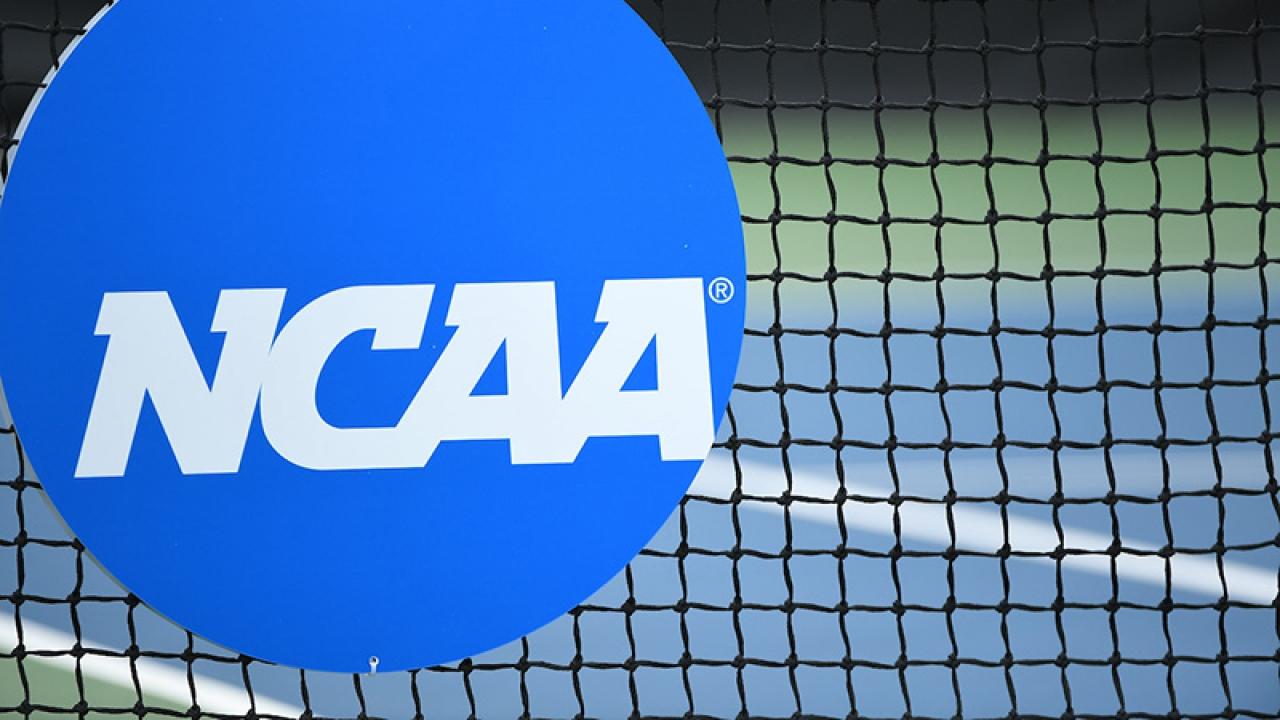The NCAA, or National Collegiate Athletic Association, is the athletics governing body for more than 1,200 colleges, universities, conferences and organizations across the United States. The NCAA is committed to the amateur student-athlete and to governing competition in a fair, safe, inclusive and sportsmanlike manner.
What does it mean to be an amateur athlete?
Essentially, amateurism means that the student-athlete has not accepted any kind of compensation or benefits through their athletic career. For most athletes, these rules do not pose a problem, but for some, it may. Here’s a quick run-through of what can and cannot be a violation.

Player Eligibility in the NCAA
NCAA wants athletic recruits to be ready for the academic rigor of higher education, apart from their exceptional athletic abilities. Hence, there are a few academic requirements to be fulfilled. Division I and II schools need you to pass 16 core academic courses and score equal to or higher than 2.3 GPA and 2.2 GPA for DI and DII schools, respectively, while Division III schools set their own academic criteria.
While Division I and Division II schools slightly differ in their minimum standards, both require incoming students to complete at least 16 core courses in high school and earn a qualifying SAT or ACT test score. These academic requirements include courses in English, Maths, Natural or Physical Science, and Social Science. International students need to take 4 years of English, 3 years of Maths, 2 years of Sciences and 2 years of Social Sciences.
NCAA-Sponsored Sports
Schools are designated as Division I, Division II, or Division III institutions based on their size, their athletic program budget, and their ability to award scholarships. These three divisions encompass 102 athletic conferences, which include nearly 20,000 teams.
The NCAA currently oversees 24 sports and awards 90 championships annually across the men’s and women’s teams.
Despite the well-spelt-out rules and regulations for NCAA eligibility, it is a mind-boggling process, to understand the college recruitment process, reach out to us for a completely free, personalized counselling session!



